Table of Contents
What Is Maha Shivaratri?
Maha Shivaratri, also known as the "Great Night of Shiva," is a Hindu festival, that is celebrated annually in honour of Lord Shiva, one of the most important deities in Hinduism.
When Is It Celebrated?
Using the Hindu calendar, the dark half of the month is called Phalguna, and the fourteenth day of every lunar month, or the day before the new moon is known as Shivratri. Mahashivratri is on the 13th or 14th day of Phalguna. It marks the end of winter and the beginning of spring and summer. In 2023, Maha Shivratri will be celebrated on February 18, which is a Saturday.
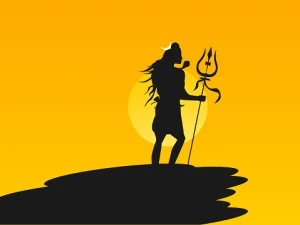
The Origins and Mythology of Maha Shivaratri
The origins of Mahashivratri are deeply rooted in Hindu mythology & tradition. According to one popular belief, Maha Shivaratri marks the night when Lord Shiva manifested himself in the form of a lingam and performed the cosmic dance of creation, preservation, and destruction. This event is said to have created the universe.
Another popular belief is that Maha Shivratri is the night when Lord Shiva saved the world from Andhakasura, a dangerous demon. According to this legend, Andhakasura had obtained a boon that made him invincible, & he began terrorizing the world. Lord Shiva fought Andhakasura on this night and defeated him and saved the world from his terror.
Significance of Maha Shivaratri
Maha Shivaratri has significant spiritual, cultural, & social significance for Hindus.
Spiritually, this festival is considered to be a time for spiritual introspection & devotion. It is believed that by worshiping Lord Shiva on this day, one can attain blessings & spiritual progress.
Culturally: It is an important festival that brings together the Hindu community to celebrate & connect with their spiritual beliefs. It is celebrated in many different ways in different regions, & it is an opportunity to learn about & appreciate the diverse cultural traditions of Hinduism.
Socially: This festival also helps to promote a sense of community & belonging among Hindus, as it is a time for coming together with family & friends, and for participating in celebrations & rituals. It is also considered a time of forgiveness, unity, and peace.
The Importance of Fasting and Puja on Maha Shivaratri
Fasting & puja (worship) are important aspects of the Mahashivratri celebration.
It is considered to be an important form of spiritual practice in Hinduism and is believed that fasting helps to purify the body & mind, making it easier to focus on spiritual practice & devotion to Lord Shiva. It's also believed that fasting can help to remove impurities & negative energies from the body & mind, making the person more receptive to blessings from Lord Shiva.
It is a ritual performed to honor and worship a deity, Lord Shiva. Puja typically includes the bathing of the lingam with milk, honey, yogurt, ghee, and other ingredients, offerings of flowers, fruits, and other items, chanting of mantras and hymns to Lord Shiva, Aarti (waving of lighted lamps), and distribution of prasad (sacred food). Puja is performed to seek blessings and to show devotion to Lord Shiva.
Mahashivratri Worship Method
During the festival, many Hindus observe fasts & perform puja (worship) to Lord Shiva, typically at home or at a temple. The puja typically includes the following rituals:
- Abhisheka (bathing) of the lingam with milk, honey, yogurt, ghee, and other ingredients
- Offerings of flowers, fruits, and other items
- Chanting of mantras and hymns to Lord Shiva
- Aarti (waving of lighted lamps)
- Distribution of prasad (sacred food)
The Role of Music and Devotional Songs in Mahashivratri:
Music & devotional songs play an important role in the Mahashivratri celebration. They are an integral part of the puja (worship) rituals, & they are used to create a spiritual atmosphere and to express devotion to Lord Shiva.
Devotional Songs are typically sung in praise of Lord Shiva & are believed to be a way of expressing devotion & seeking blessings. These songs are often accompanied by instruments such as the Harmonium, Tabla, & Mridangam. They are sung by groups of devotees or by individual devotees & they can be heard in temples and homes during the festival.
The significance of the cosmic dance in Maha Shivaratri
The cosmic dance of Lord Shiva, known as the Tandava, is an important aspect of the Mahashivratri celebration. According to Hindu mythology, Lord Shiva performed the Tandava on this night, creating, preserving, & destroying the universe.
Worshipping Lord Shiva on Mahashivratri is believed to be a way to connect with cosmic energy & receive blessings.
Conclusion
In conclusion, Mahashivratri is an important festival for Hindus that celebrates Lord Shiva, one of the most revered deities in Hinduism. The festival is celebrated on the 14th day of the dark fortnight in the Hindu month of Phalguna (February/March), and it is believed to be the night when Lord Shiva manifested himself in the form of a lingam and performed the cosmic dance of creation, preservation, and destruction. During the festival, many Hindus observe fasts and perform puja (worship) to Lord Shiva. Music, devotional songs, fasting, puja, and the cosmic dance of Lord Shiva known as Tandava, are all significant aspects of the festival and ways to connect with spiritual beliefs and participate in communal celebrations. The festival is a day of spiritual significance, devotion, and cultural celebration, central to Hindu tradition and beliefs.




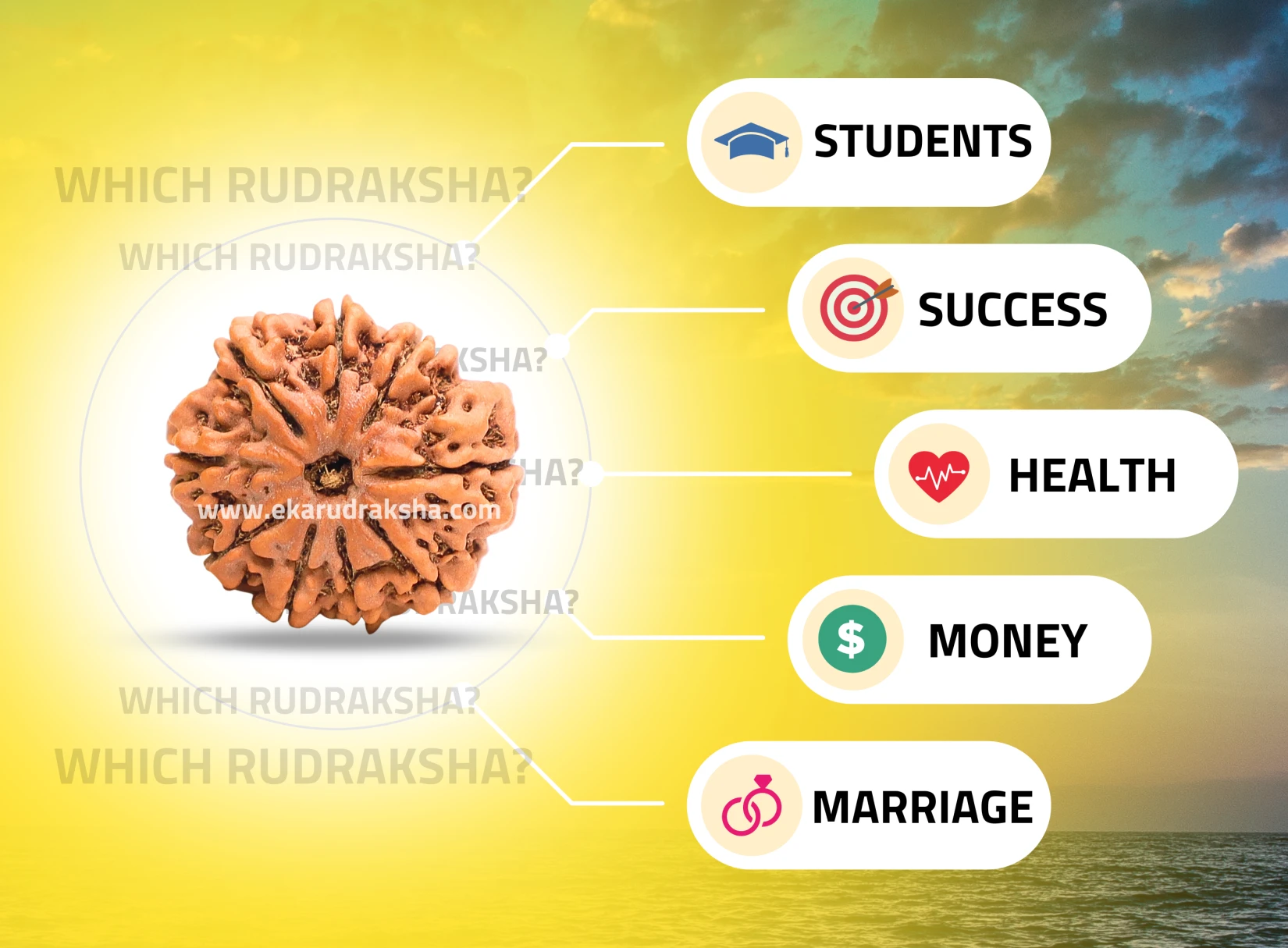
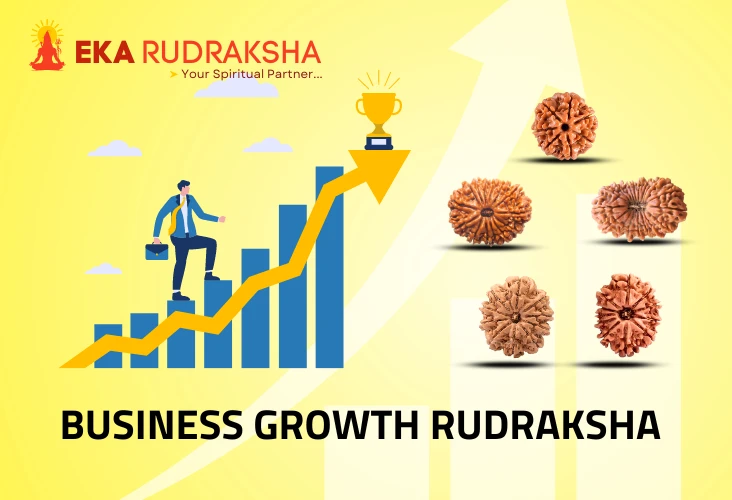


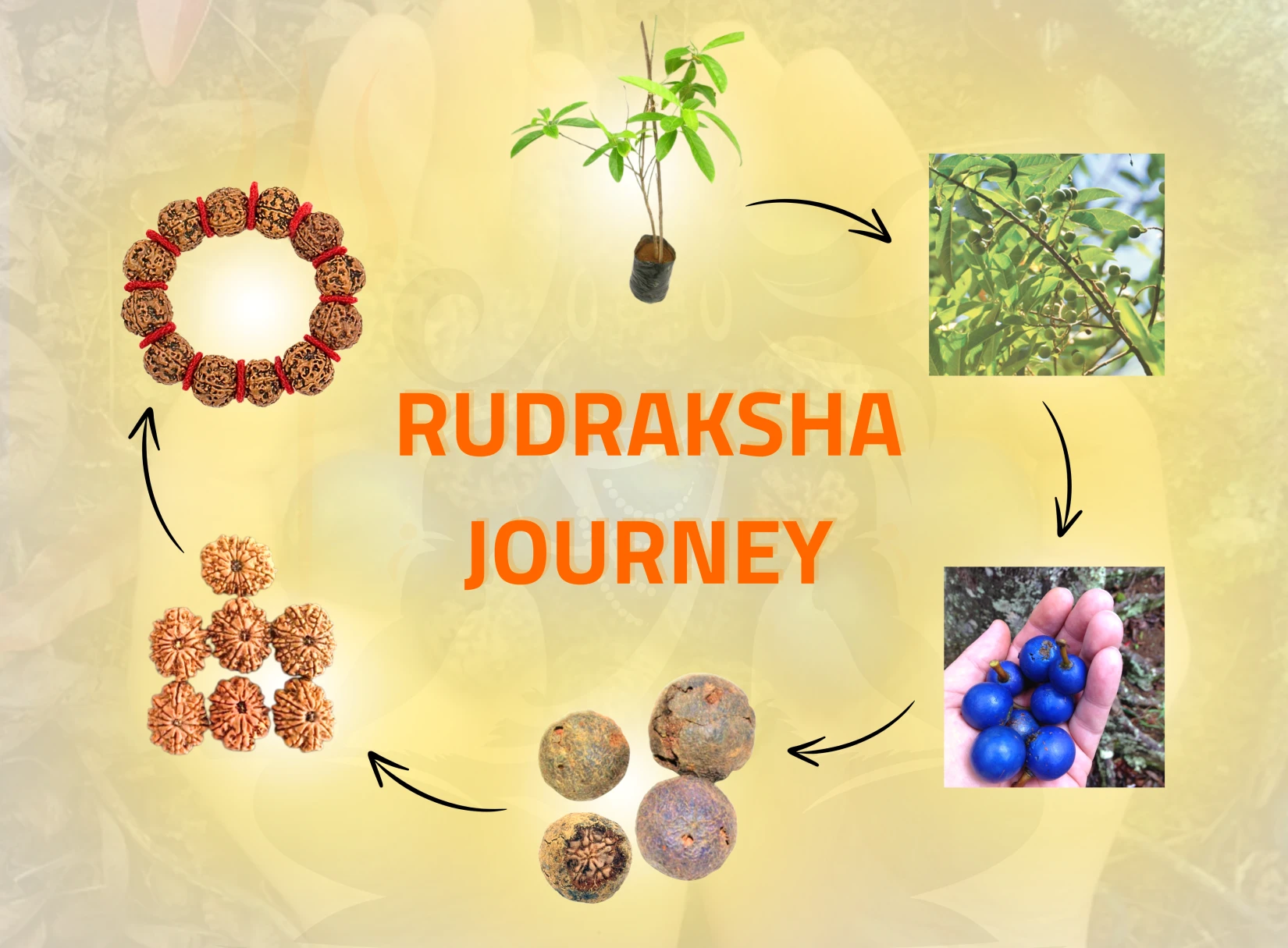
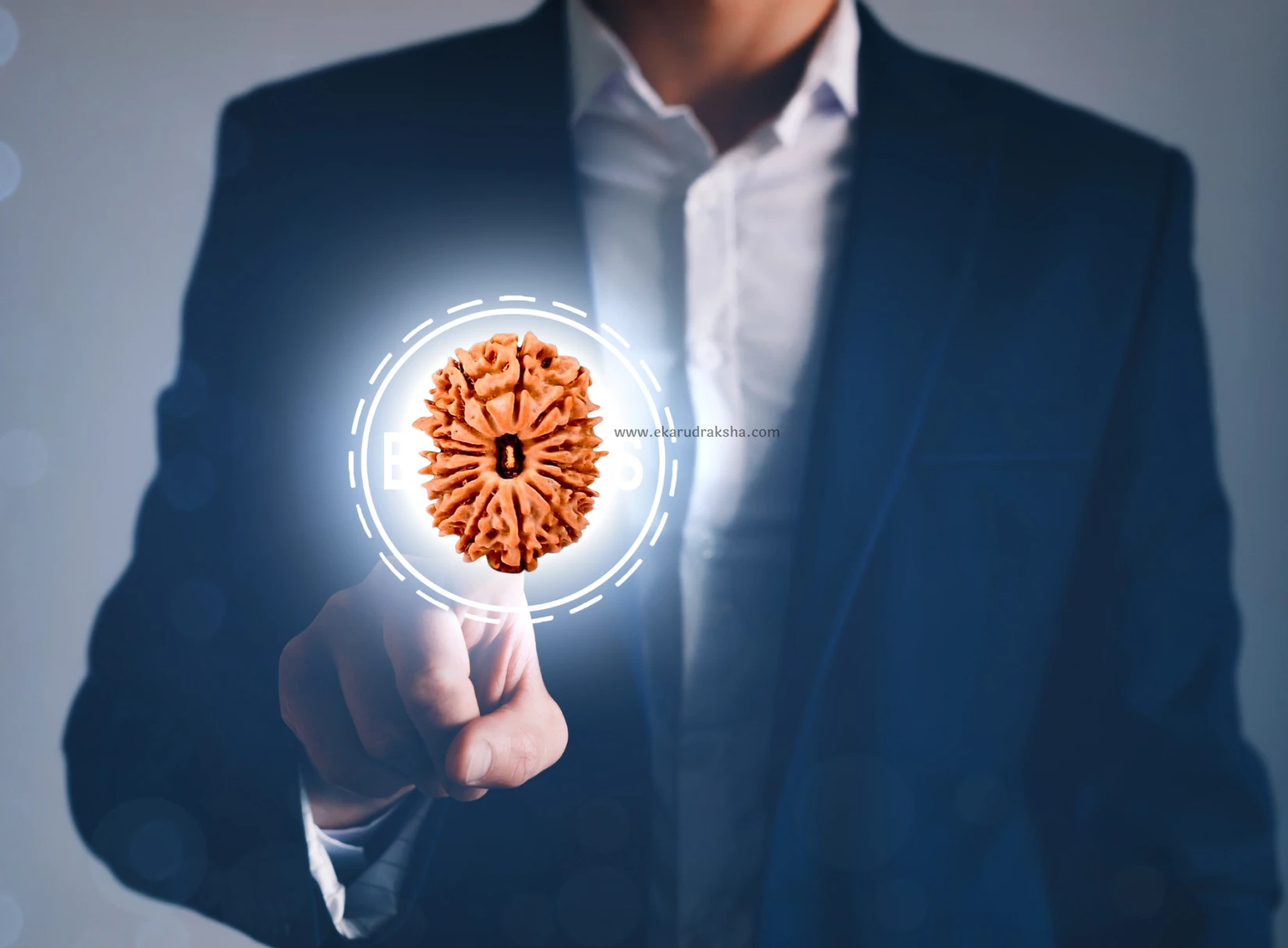

Leave a Reply
0 Comments